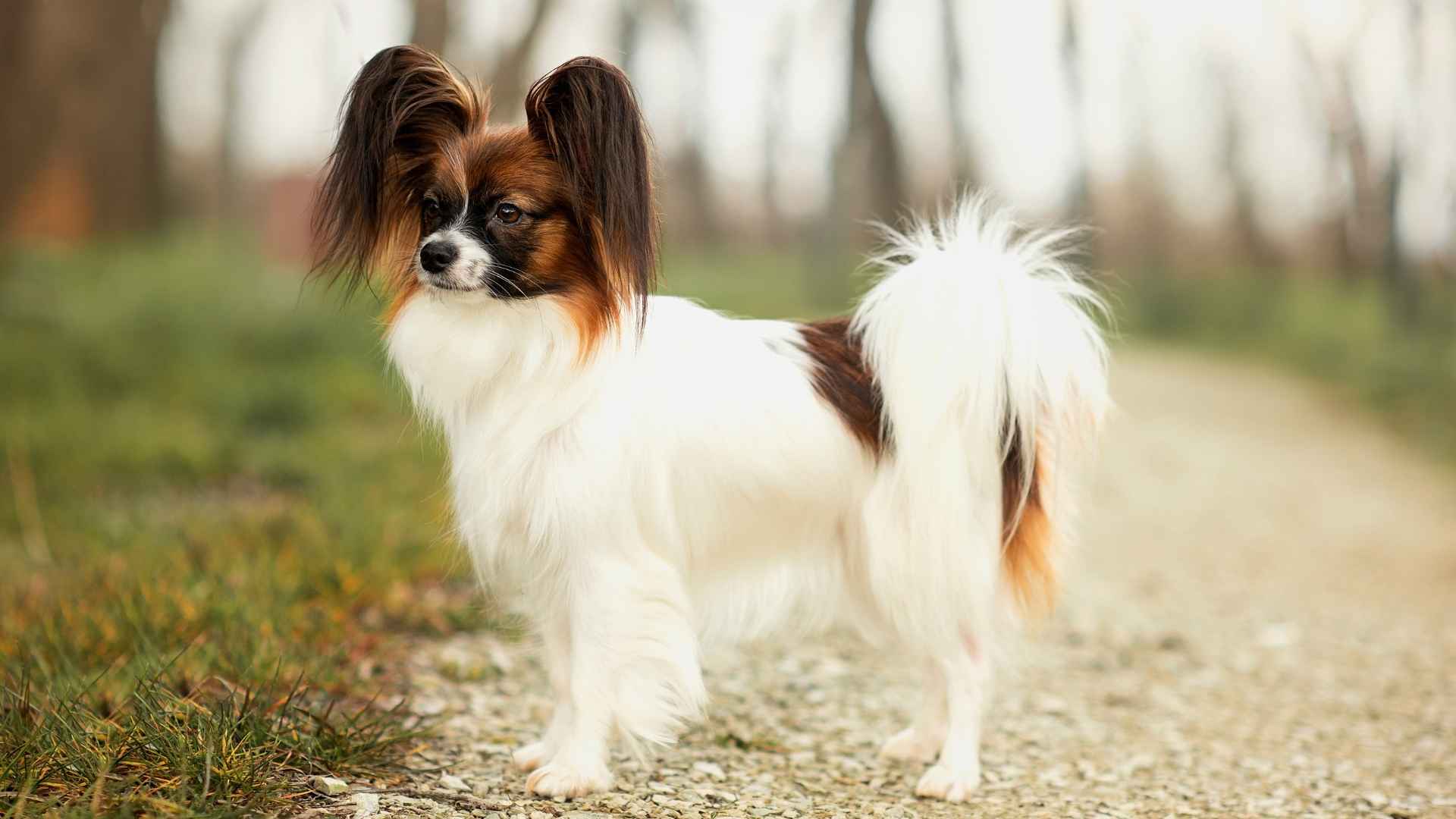Ever met a dog that gives off serious “I’ll come to you when I’m ready” energy? Some pups just like doing their own thing—and honestly, that’s part of their charm. These independent and aloof dogs aren’t being rude; they’re just wired a little differently. They’ve got that cool, calm, collected vibe… and maybe just a hint of mystery.
Unlike your classic velcro pup who’s glued to your hip 24/7, these dogs value their space. They’re not antisocial, but they won’t lose their minds if you leave the room. In fact, they might enjoy the peace and quiet. That kind of confidence? Totally underrated.
Think you need constant affection to bond with a dog? Think again. These aloof charmers show love in quieter ways—like choosing to nap near you, not on you. It’s subtle, sure, but it’s real.
Curious which dogs embrace that “don’t call me, I’ll call you” attitude? Let’s dive in.
Independent and Aloof Dog Breeds
1. Chow Chow
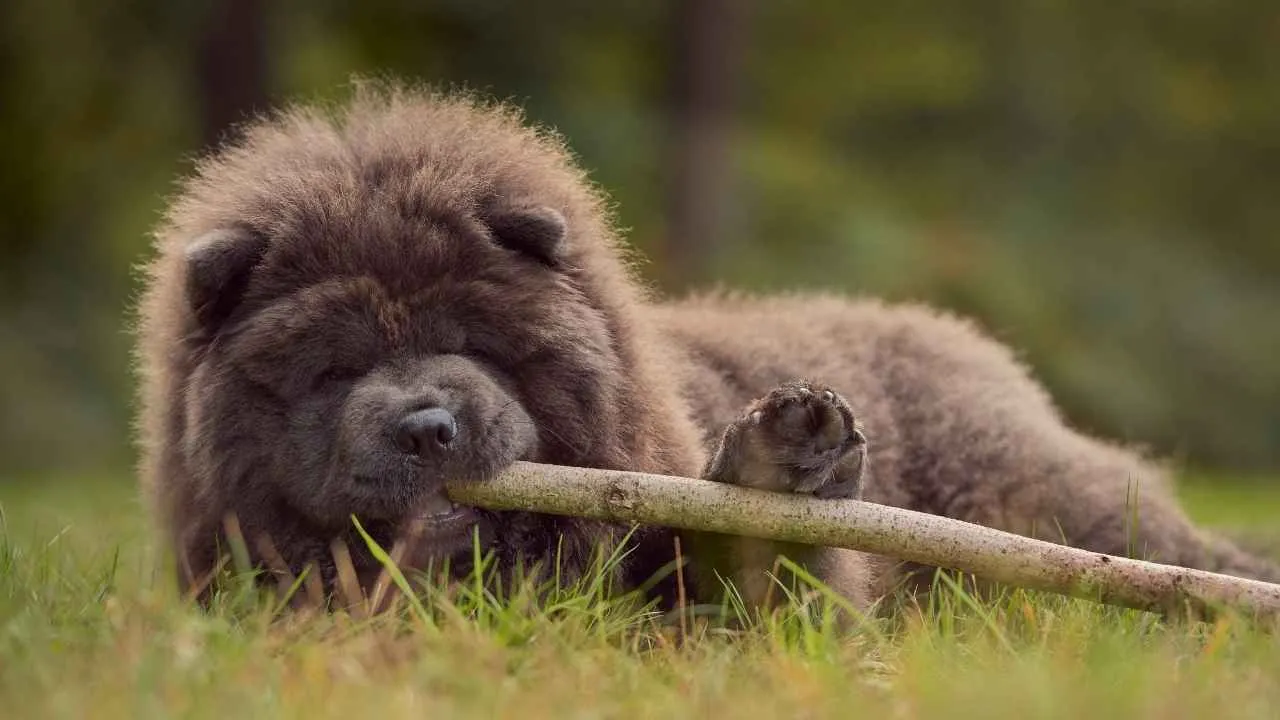
Ever seen a dog that looks like a lion and acts like a cat? That’s the Chow Chow for you—majestic, independent, and proud to do things their way. These dogs don’t fawn over everyone they meet, but that’s exactly what makes them so intriguing. Their aloof nature isn’t cold—it’s confidence.
Chows are one person or one family member. They won’t jump on strangers or beg for belly rubs at the dog park. In fact, you might catch them side-eyeing overly friendly dogs like, “Why are you so obsessed with me?” It’s not rudeness—it’s just their vibe.
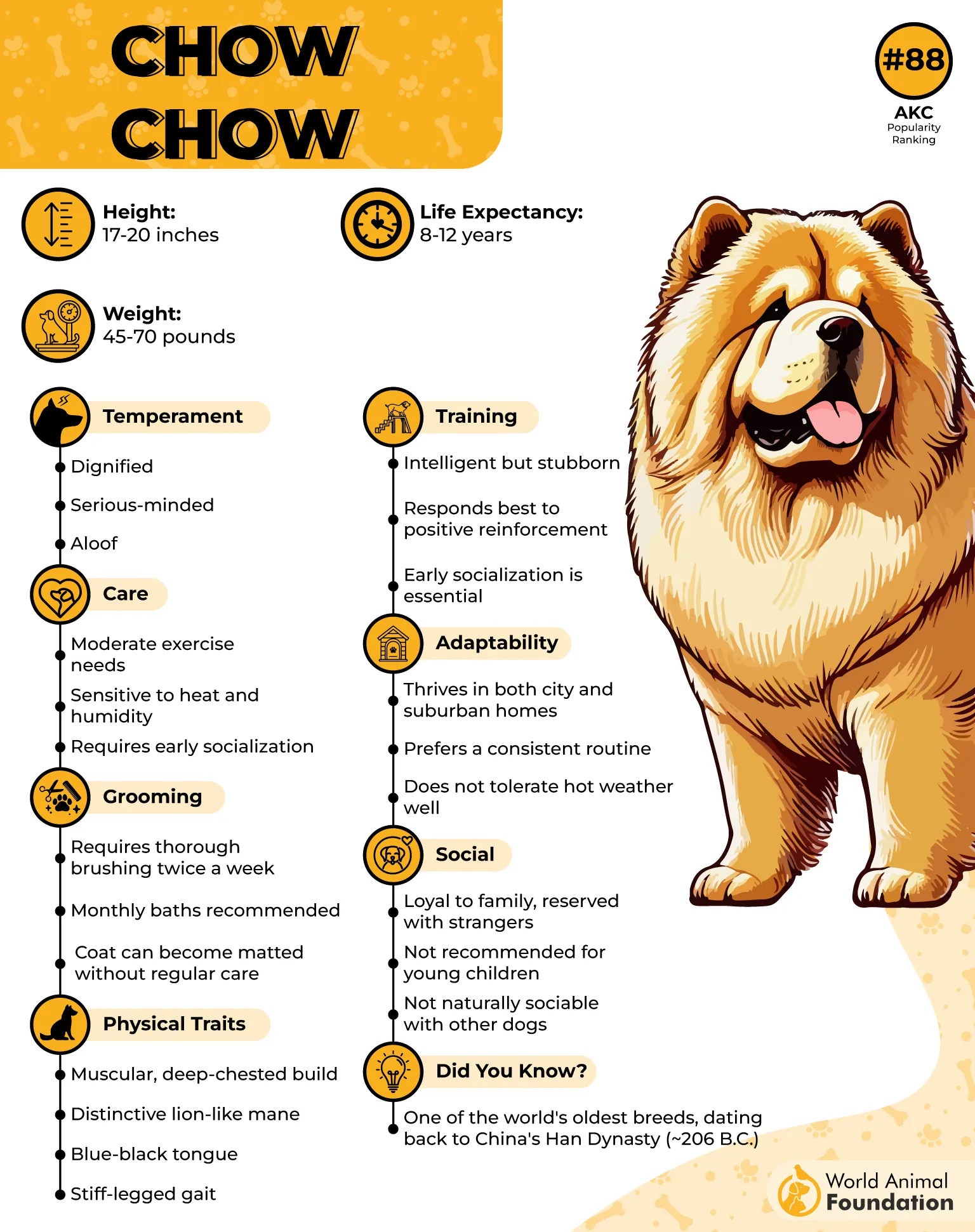
Socialization is key. Without it, their natural suspicion of strangers can turn into reactivity. But handled early, they’ll grow into calm, dignified dogs that simply prefer the company of their circle. Think of them as introverts with fur. They’re not overly energetic, which makes them great for calm households. Daily walks are enough, and they enjoy having a yard—but they’re not the fetch-and-frisbee type.
Grooming’s a big deal here. That dense double coat? It’s not just for show. Regular brushing is a must unless you want your living room to become a fluff jungle. But here’s the kicker—they’re actually really clean dogs. Think feline levels of self-care.
Don’t expect them to wear their hearts on their sleeves. VCA states that Chow Chows show affection and are devoted subtly, like sitting near you, or calmly leaning against your leg. You’ll never have to guess how they feel… they’ll let you know when they want to.
Fun Fact: In ancient China, Chow Chows were used to guard temples and even pull carts. Their blue-black tongues? Totally real—and totally unique.
2. Shiba Inu
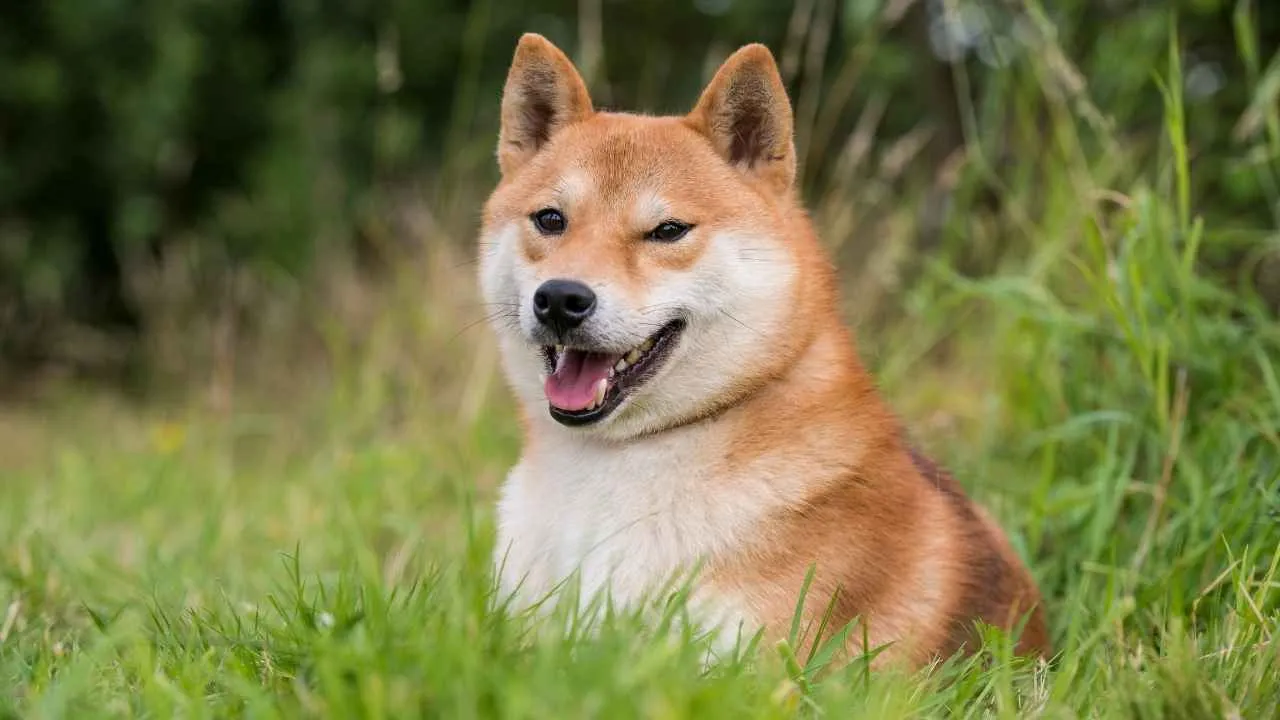
The Shiba Inu isn’t just independent—it’s in a league of its own. Ever tried calling one and watched them just blink at you like, “You talkin’ to me?” These dogs are smart, intelligent, stubborn, and fully committed to their own agenda. It’s not disobedience—it’s selective listening at its finest.
This breed is famously clean. We’re talking cat-level neat freaks. Housebreaking is a breeze, and they’ll even avoid stepping in puddles. That tidy nature adds to their aloof charm—they’re dignified little dogs who take pride in their appearance.
They bond deeply—but only on their terms. Don’t expect clinginess or constant tail-wagging. When a Shiba chooses to sit beside you or bring you a toy, consider it a compliment. They’re not emotionless; they’re just not needy.
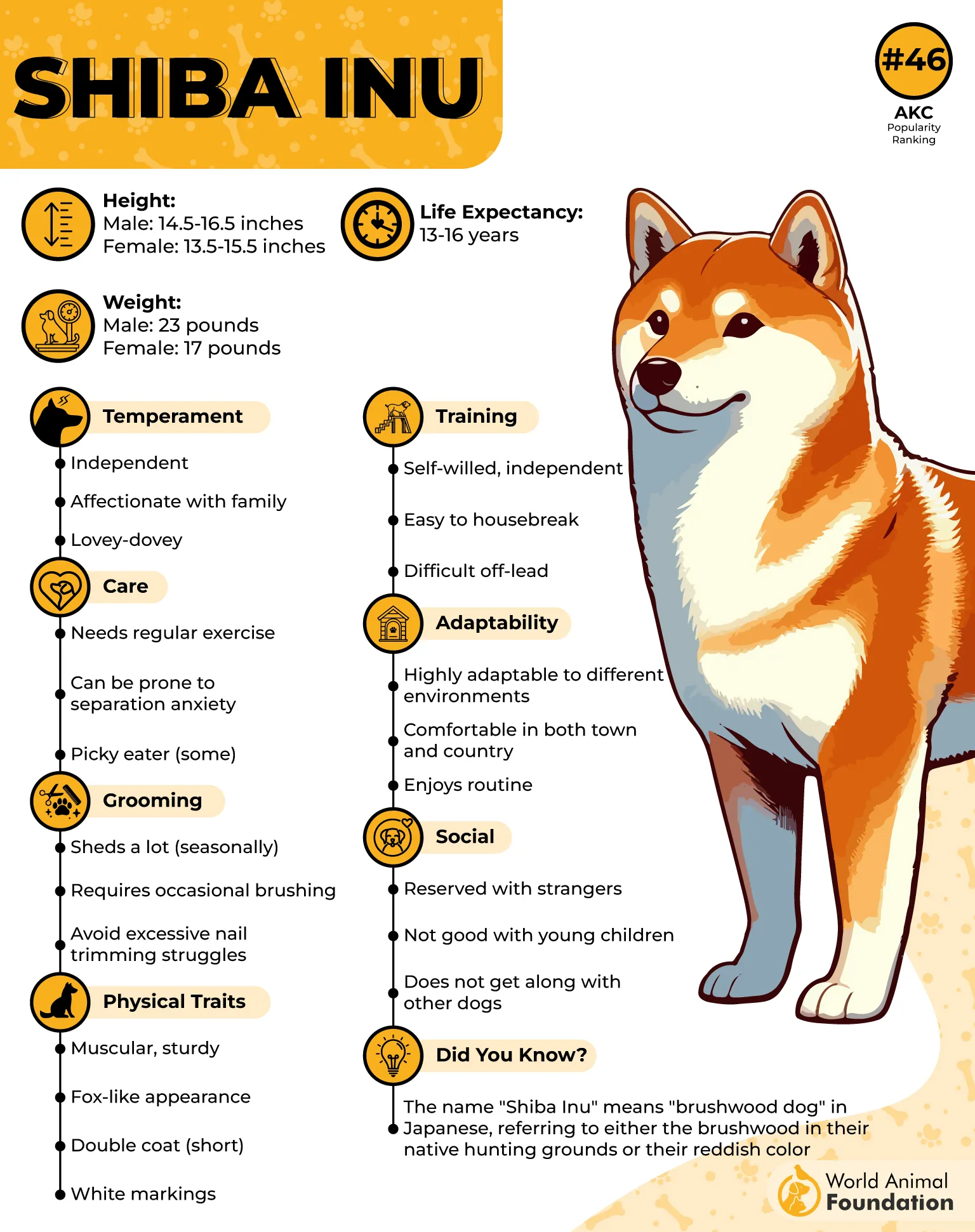
Purina states that Shiba are alert and quick on their feet. Their natural wariness of strangers makes them low-key watchdogs—quiet, but always on alert. And if they spot something sketchy? That infamous Shiba scream might make an appearance.
Exercise-wise, they’re high-energy in short bursts. They love sprinting and sniffing on walks but won’t bounce off the walls indoors. Just don’t forget the leash—once a Shiba decides to bolt, good luck catching them.
3. Chinese Shar-Pei
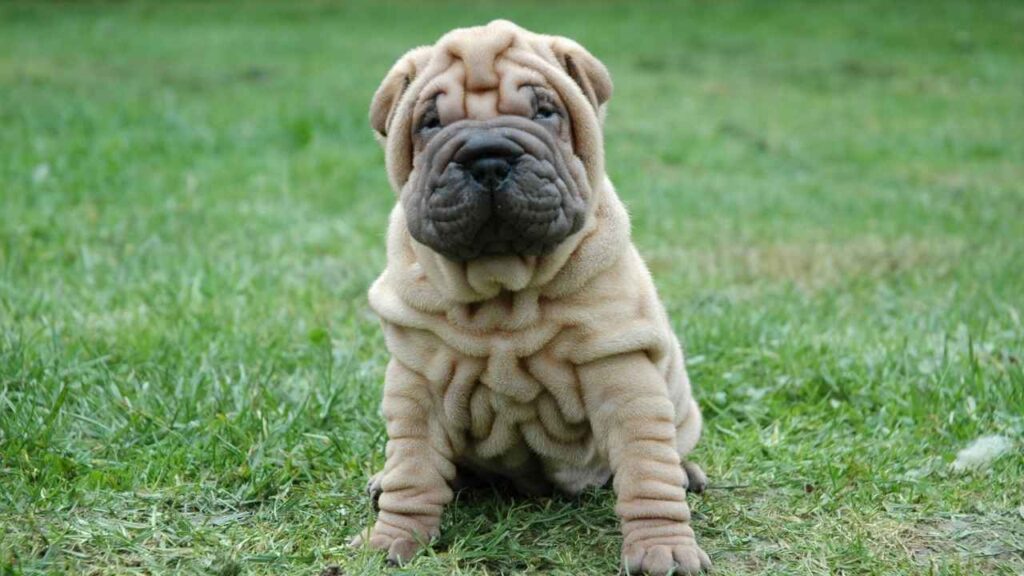
With its deep-set eyes, tiny ears, and signature wrinkles, the Chinese Shar-Pei carries a vibe that’s equal parts mystery and muscle. This breed doesn’t beg for attention—it quietly commands respect. They’re one of the most independent dog breeds, and you can feel that calm, no-nonsense energy from the moment they enter a room.
Shar-Peis don’t do small talk—especially with strangers. While other dogs might throw a party every time the doorbell rings, the Shar-Pei prefers to stand back and judge silently. Not aggressive by default, but definitely not interested in instant friendships. You have to earn their trust.
Historically bred as both fighters and farm guardians in ancient China, their instincts for protection run deep. These dogs take their job seriously. You won’t see them chasing butterflies, but they’ll absolutely guard the yard like a four-legged security system.
They’re famously headstrong and confident, says Britannica. Ever tried giving a Shar-Pei a command they weren’t feeling? They’ll blink slowly, sigh dramatically, and proceed to ignore you entirely. Training requires patience and consistency, but once they respect you, they’re surprisingly responsive.
Those gorgeous wrinkles? They’re not just for looks—they’re high-maintenance. Moisture can build up in the skin folds, making regular cleaning a must. Skip it, and you’re asking for trouble. Good grooming is a non-negotiable part of Shar-Pei care.
4. Jindo
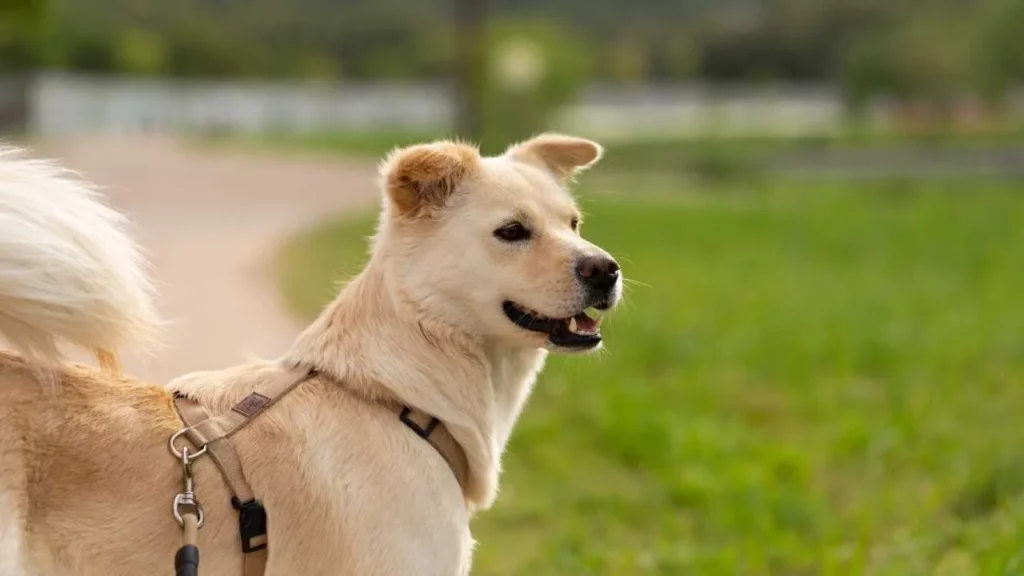
If the Jindo had a motto, it’d probably be: “I’ve got this.” Originating from Korea’s Jindo Island, this breed was built for independence. They’re sharp, stealthy, and famously self-reliant—so don’t expect them to cling to your side like a needy pup. They’re more “silent warrior” than “social butterfly.”
PetMD states that Jindos are ridiculously loyal and devoted—but only to their chosen few. They tend to bond with one person in the household and stick to them like glue… from a respectable distance. They’re not into loud affection, but they’ll track your every move with laser focus. Bodyguard vibes, anyone?
They’re natural problem-solvers. Leave them in a fenced yard too long? Don’t be surprised if they MacGyver their way out. This breed is clever, resourceful, and always thinking two steps ahead. That independence isn’t just personality—it’s intelligence in action.
With strangers, they’re all business. Jindos don’t bark without purpose, but they’ll let you know if something feels off. They don’t do fake friendliness. Jindos aren’t naturally dog-social. They were bred to work solo, so they may view unfamiliar dogs as competition, not friends. Early, positive socialization helps, but this isn’t a dog park regular.
These dogs are surprisingly neat and clean. They groom themselves like cats and rarely have that “doggy” smell. Combined with their quiet nature and tidy habits, they’re actually pretty ideal for respectful, calm households that appreciate a low-key vibe.
5. Akita
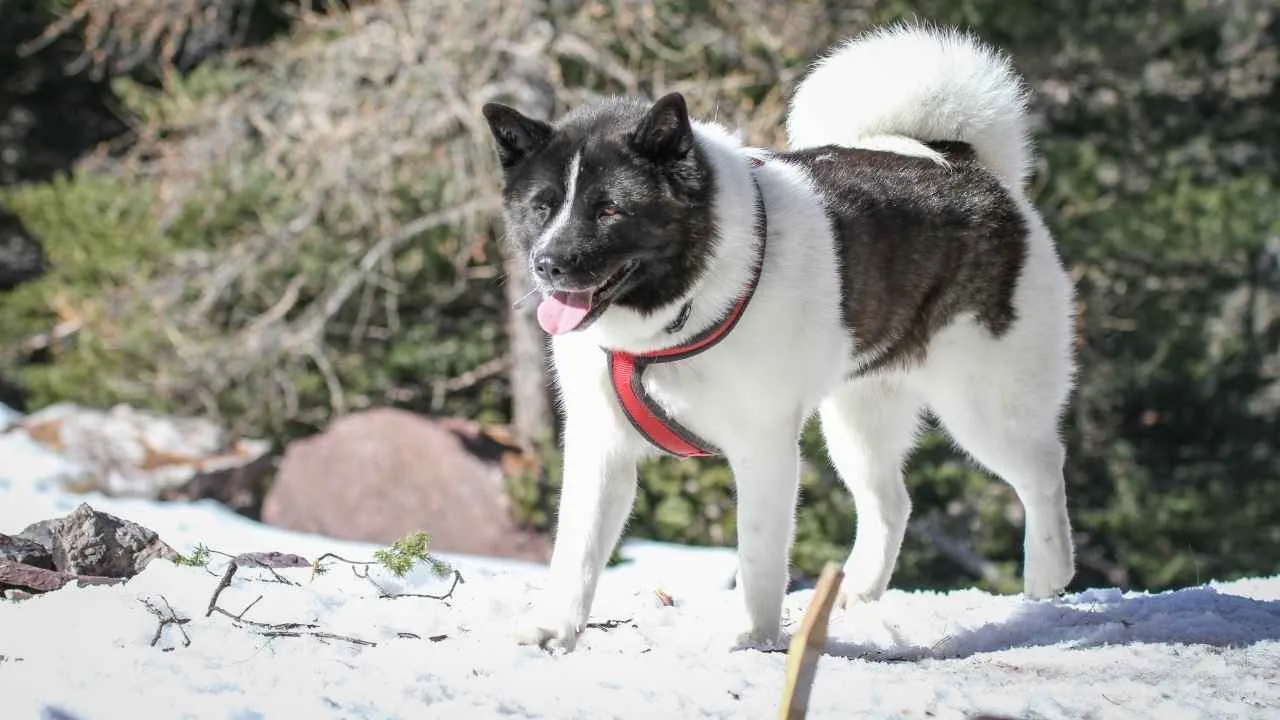
The Akita is like that strong, silent type in a movie—the one who barely speaks but commands the room. Known for their power, pride, and quiet intensity, Akitas are born with a sense of dignity that feels almost royal. They’re not show-offs, and they don’t do drama.
This breed was originally bred in Japan to hunt large game like boar and bear. Yes, bear. So that calm exterior? It hides a powerful, focused mind. They’re not easily rattled, and they definitely don’t follow the crowd. You lead with respect—or not at all.
PDSA states that Akita are famously loyal, but they choose their circle very carefully. They bond deeply with their people, often one person in particular, and are protective to the core. They rarely bark. When an Akita does make noise, it’s for a reason. These dogs are alert and observant, constantly watching their environment, but they don’t feel the need to announce it every five seconds.
They’re not huge fans of other dogs, especially ones of the same sex. Akitas like to be the alpha, and they won’t back down if challenged. Early socialization can help, but this is one breed that tends to prefer solitude or humans over a pack.
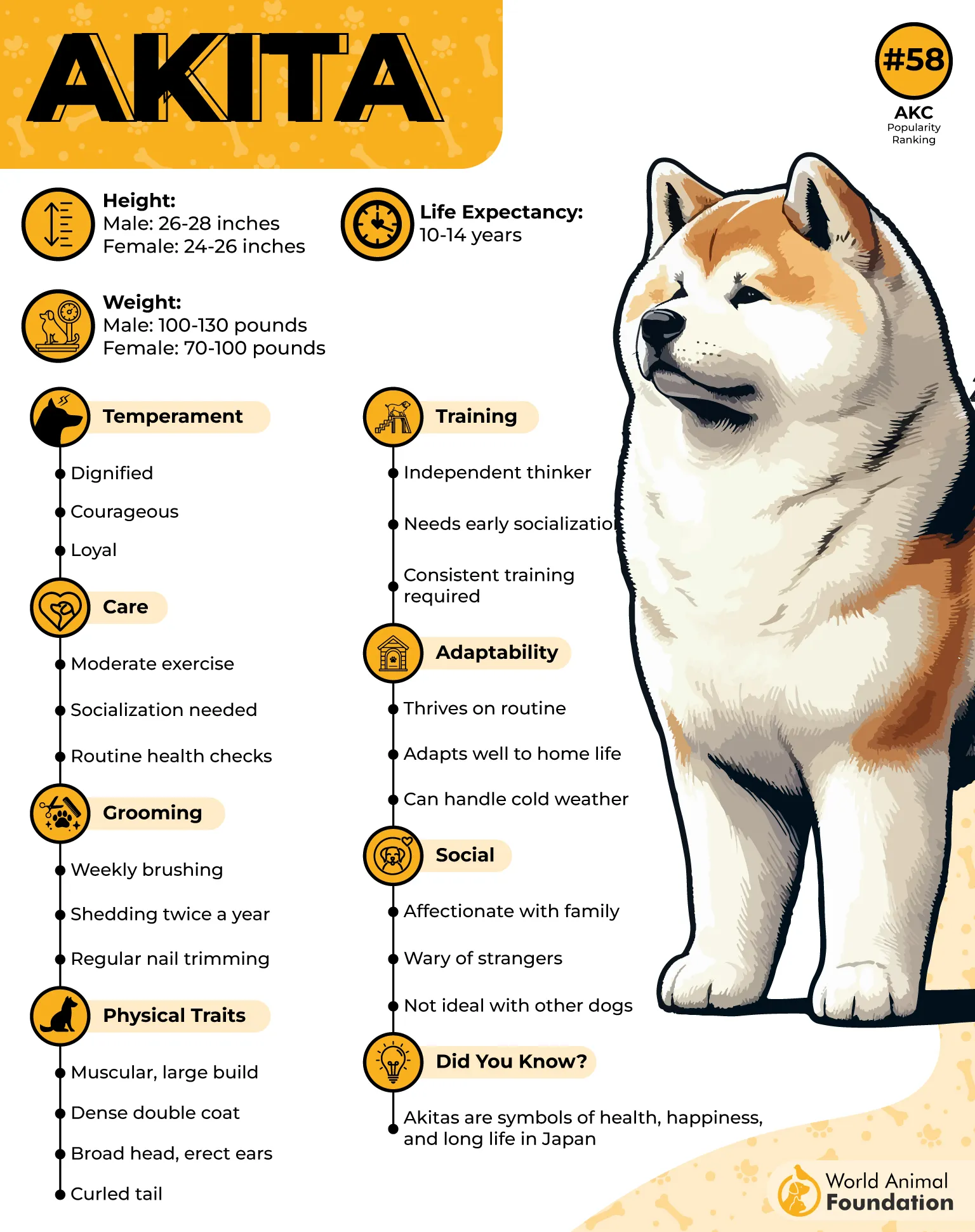
Ever tried giving an Akita a command they don’t respect? Good luck. They’re smart—but not blindly obedient. Training needs to be firm, fair, and consistent. They respond best when you act like a calm leader, not a drill sergeant. Respect is a two-way street.
6. Afghan Hound
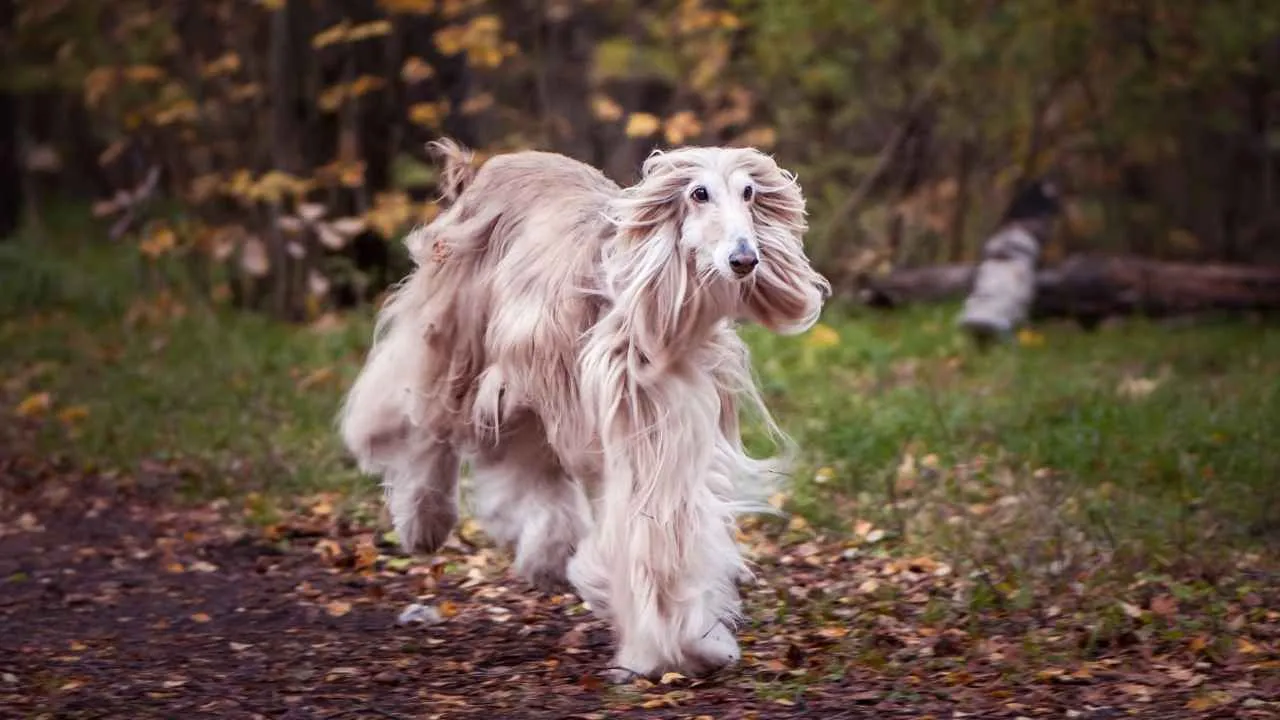
The Afghan Hound might look like a red carpet diva, but behind those flowing locks is a fiercely independent spirit. They weren’t bred to be lapdogs—they were bred to chase down gazelles in the mountains of Afghanistan. That kind of job builds a certain attitude.
This breed is famously aloof—not because they’re shy, but because they simply don’t need your approval. They’re self-assured, elegant, and totally unbothered by what anyone thinks. You’ll often find them staring into the distance like they’re contemplating the meaning of life.
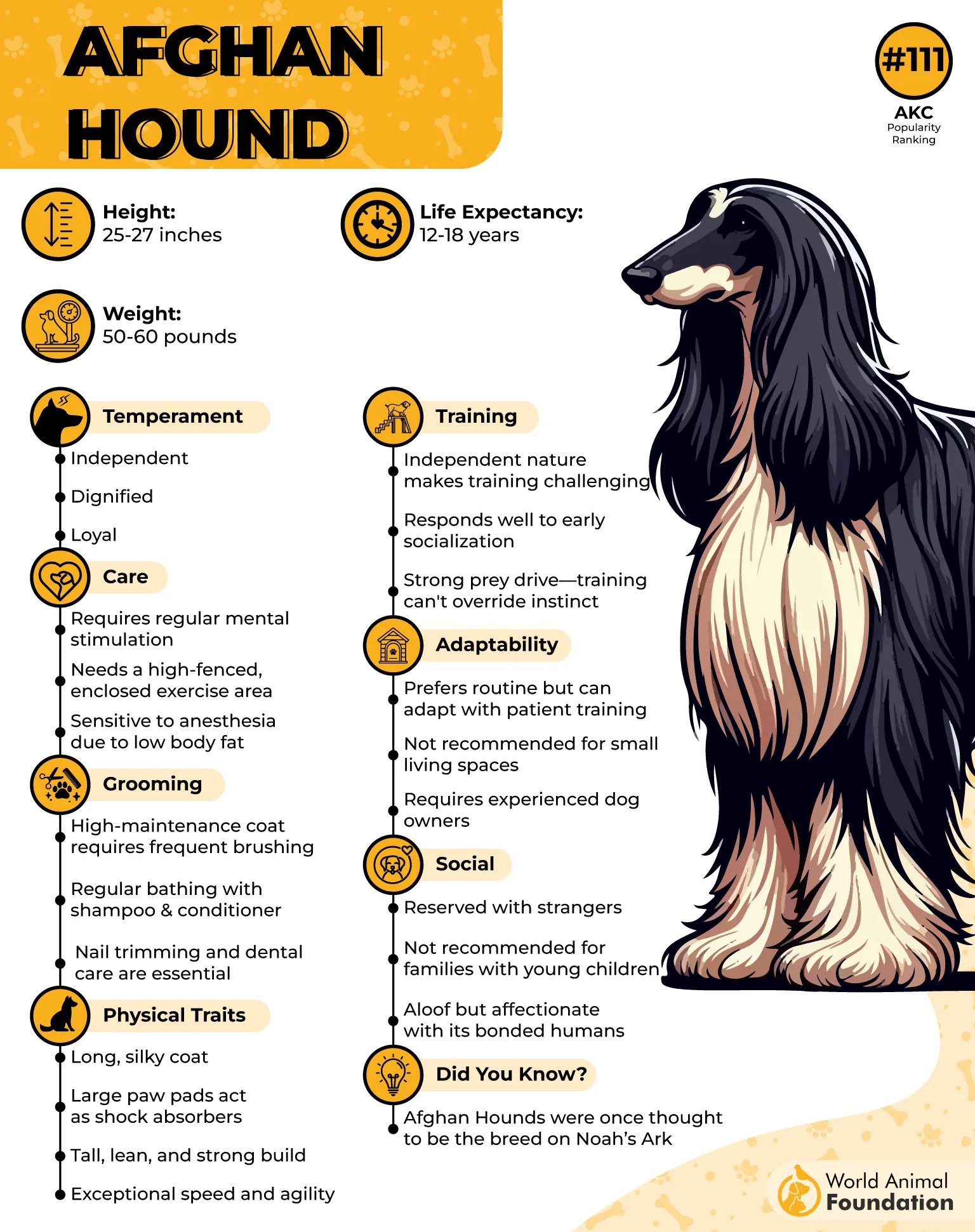
They’re not the easiest to train, and that’s not because they’re not intelligent—they’re too smart and intelligent, says Orvis. Afghan Hounds tend to question commands like, “Why should I sit? What’s in it for me?” They need motivation, patience, and a trainer who’s cool under pressure.
Afghans thrive in homes that respect their space. They’re not the type to constantly nudge you for affection. Instead, they like quiet companionship—being near you, not on top of you. It’s a respectful love that doesn’t scream for attention.
Despite their refined looks, they’ve got a wild streak. Give them room to run and you’ll see flashes of pure speed and grace. Their prey drive is real, though, so fenced yards and leashes are non-negotiable. Blink and they’re gone.
7. Basset Hound
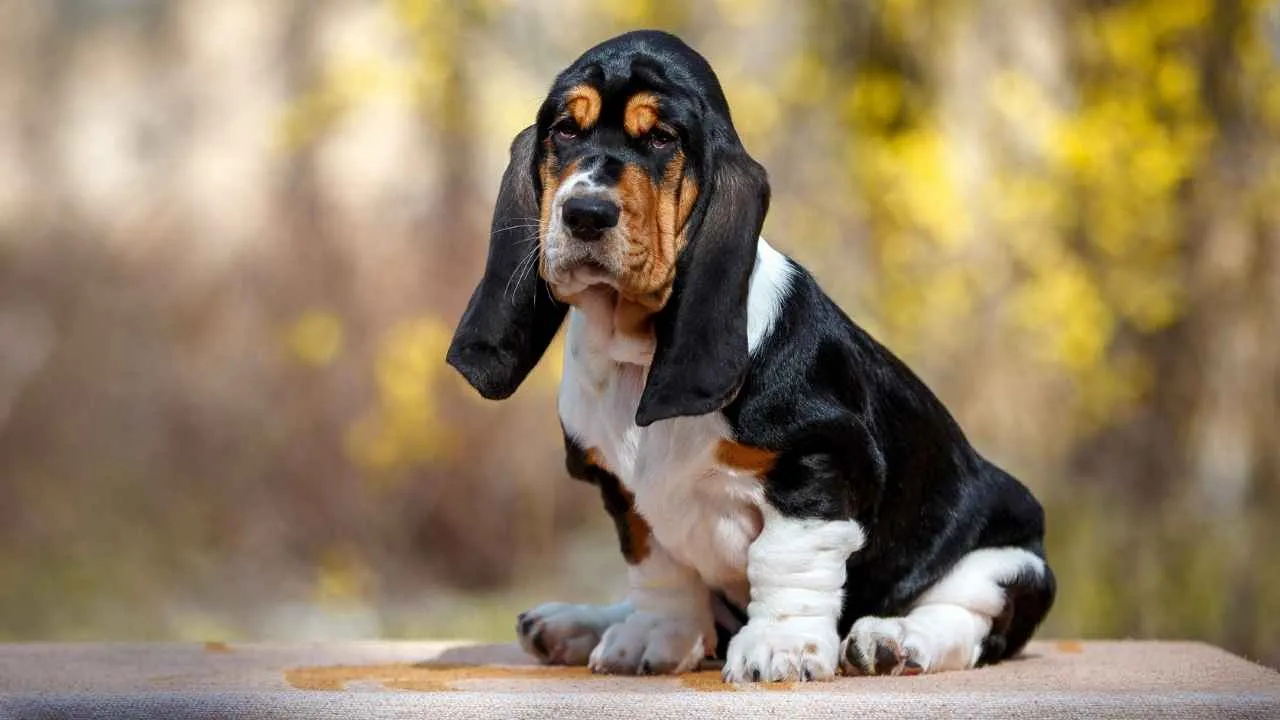
The Basset Hound isn’t one to rush—ever. With their floppy ears and soulful eyes, they have a unique vibe: they’re slow, steady, and carry themselves with an air of quiet dignity. These dogs may look like they’re just hanging out, but there’s a calm temperament, independent energy that says, “I’m in no hurry, but I know what’s important.”
Bassets have a single-mindedness that borders on stubbornness, says AKC. Their noses are so powerful, they can track scents for miles—yet when you call them to come inside, that same nose might just decide to take a detour. Training can be a challenge, especially when they’re on the hunt for a good scent.
This breed thrives with a routine. They’re not going to whine or pester you for attention. Instead, they’ll enjoy a predictable schedule where they get their walks, food, and a bit of downtime. They’re happy with the little things, like a nice sniff around the yard or a nap in the sun.
Basset Hounds have a particular way of doing things. For example, they don’t like being rushed or coerced into activities they don’t feel like doing. If you try to push them into something, you’ll likely get a sassy look and a slow retreat. Patience and respect go a long way with this breed.
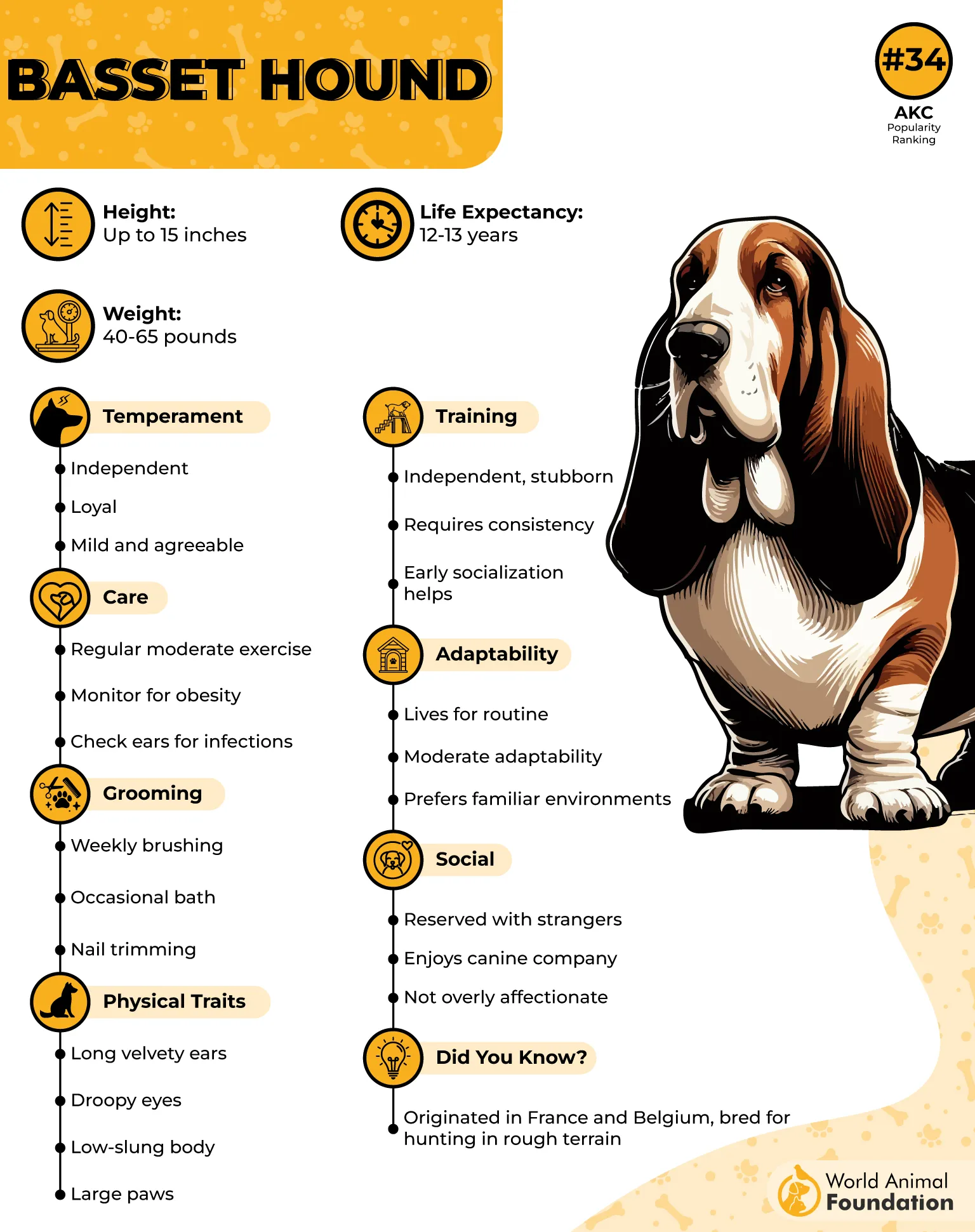
Despite their ability to work hard, Basset Hounds are pretty low-maintenance compared to some other breeds. Sure, their ears need regular cleaning to avoid infections, and their short coat doesn’t require much grooming, but they’re generally content with minimal fuss.
Fun Fact: Basset Hounds are often said to have the “best nose” in the dog world, second only to the Bloodhound. Their ability to track scents is so impressive that they’ve been used for hunting and even as detection dogs!
Conclusion
When it comes to independent and aloof dog breeds, it’s all about balance—strong bonds with people, but a deep love for their own space. These independent dogs were originally bred for jobs that demanded self-sufficiency, whether that meant helping hunters hunt large game, herding, or guarding. That’s why dogs like the Afghan Hound, Shiba Inu, and Basset Hound are so well-known for their independent nature. They simply don’t crave constant attention or human companionship the way some other dog breeds do.
Got a packed calendar and busy schedules? You’re not alone—and neither are your options. Independent dog breeds like Shar Pei, Chow Chows, and Basenji dogs (yes, the “barkless dog”) are tailor-made for owners who work long hours or need dogs that are cool with alone time. These dogs prefer a bit of solitude, enjoy their own devices, and stay chill for extended periods without stress. You won’t find them whining for attention or needing constant interaction, which makes them well-suited for apartments, offices, or homes with limited space.
Some of these dogs tend to act more cat-like than canine—think Tibetan Spaniel, Japanese Chin, or even the Italian Greyhound. Others, like the Siberian Husky, Scottish Terrier, and Alaskan Malamute, may be more physically active but still value their personal space and laid-back independence. Whether you’re drawn to large dog breeds like the Irish Wolfhounds or small dogs that love downtime, certain breeds all share that same chill, calm demeanor.
They require less human company, don’t demand as much exercise, and are perfect for people who want a loyal pet that doesn’t need babysitting. They’re affectionate, loyal, and highly intelligent, but on their terms. Let’s be real—who wouldn’t want a dog that respects boundaries and helps you stay healthy emotionally, too?


